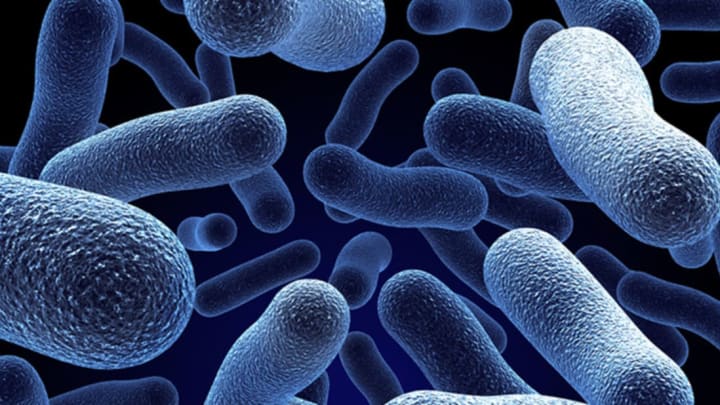As scientists continue to find out more about the human microbiome, that ecosystem of bacteria that live on and inside us, it’s clear that influencing the type of bacteria that colonize your skin and gut can have tangible effects on your health and well-being. But just how to change the composition of your bacteria isn’t clear, and there’s still not enough research to show that the probiotics available now are effective at treating specific disorders. Gut bacterial colonies tend to be very stable even in the face of probiotic treatments, and studies have indicated that alterations in the gut bacteria in cases of fecal transplants tend to be temporary.
However, a new study finds that selecting the right bacterial strain for the gut environment can make a major difference in whether or not the probiotic can impact the microbiome. Published today in Cell Host & Microbe, the study was led by Jens Walter, an associate professor of nutrition, microbes, and gastrointestinal health at the University of Alberta.
The research team gave 23 volunteers a daily dose of the probiotic strain AH1206 of the bacteria Bifidobacterium longum, one of the most common species of bacteria found in the gut. Half took the bacteria dose for two weeks while the other half took a placebo, and then the two groups switched for a second two-week round. The researchers periodically checked their gut flora composition via fecal samples in the months that followed. A third of the volunteers who took the probiotic showed lasting changes to their gut microbiome, showing evidence of the strain’s colonization up to six months afterward. In the other two-thirds of the group, the bacteria had disappeared within a month.
These “persisters,” as the researchers call them, had slightly different microbiomes than the other volunteers at the outset of the study. They had lower levels of that particular species or species with similar genes. Essentially, the bacteria could only survive if it was filling a particular gap in the microbiome. If pre-existing bacterial strains had already colonized the gut, the new bacteria had to compete for the same resources, and usually didn’t survive.
With only 23 volunteers (and just eight “persisters”), this study is far from definitive, especially since the researchers didn’t control for volunteers’ different diets. But Walter likens the main idea back to Darwinism. “Competition in ecosystems is especially harsh amongst closely related species because they have the same resource requirements,” he explains in a press statement. But if someone has lost a particular strain of bacteria or their body never had it in the first place, it’s possible to repopulate the microbiome with that strain. By figuring out who would be a “persister,” researchers could potentially personalize probiotics to be more effective, the study indicates.
The study also suggests that the reason commercially available probiotics might be ineffective is that the strains they contain—if they even contain the type of bacteria claimed on the label—aren’t indigenous to the gut, and thus, perhaps unsurprisingly, aren’t very well adapted to survive there.
